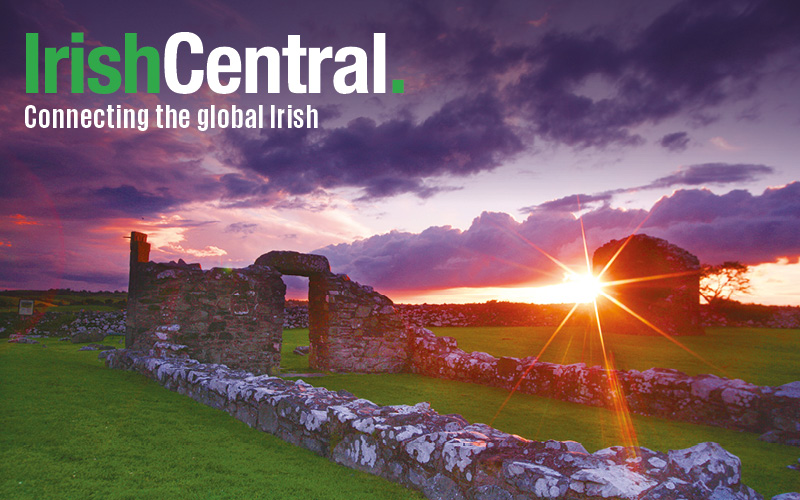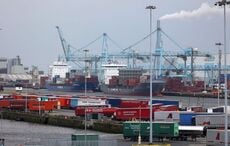The body which advises the government on the economy's competitiveness has said Ireland's position has not changed dramatically in the past year, despite falls in prices.
The National Competitiveness Council (NCC) said Irish exporters had performed relatively well, with exports of goods and services expected to drop by almost 4% this year, compared with an average fall of 16.5% across other developed economies.
In its annual report, which assesses the economy's strengths and weaknesses compared with other countries, it said there were initial signs that cost competitiveness was beginning to improve, but the overall cost base remained high.
It said the annual inflation rate in administered services such as public transport, health insurance and education, was expected to average 13.2% this year despite sharp falls in overall consumer prices.
The NCC said that, after a number of years of strong growth, growth rates in labor costs slowed in 2008 and were lower than the EU average. But it said non-pay costs compared poorly with other countries.
Ireland had the second most expensive industrial electricity prices in the euro zone -- 34% above the average -- at the end of last year.
On broadband, the NCC said eircom offered “relatively low speeds at a relatively high cost” compared with other countries. It also said most types of loans were more expensive that the euro zone average in Ireland in the first quarter of this year.
But the report said Ireland continued to have a range of strengths, including a young and well-educated workforce, improving infrastructure and growing levels of research activity.
The NCC said that Ireland scored above the EU average in a measure of innovation. It also said taxes on profits and labor were still relatively low compared with other countries, despite recent rises.




Comments